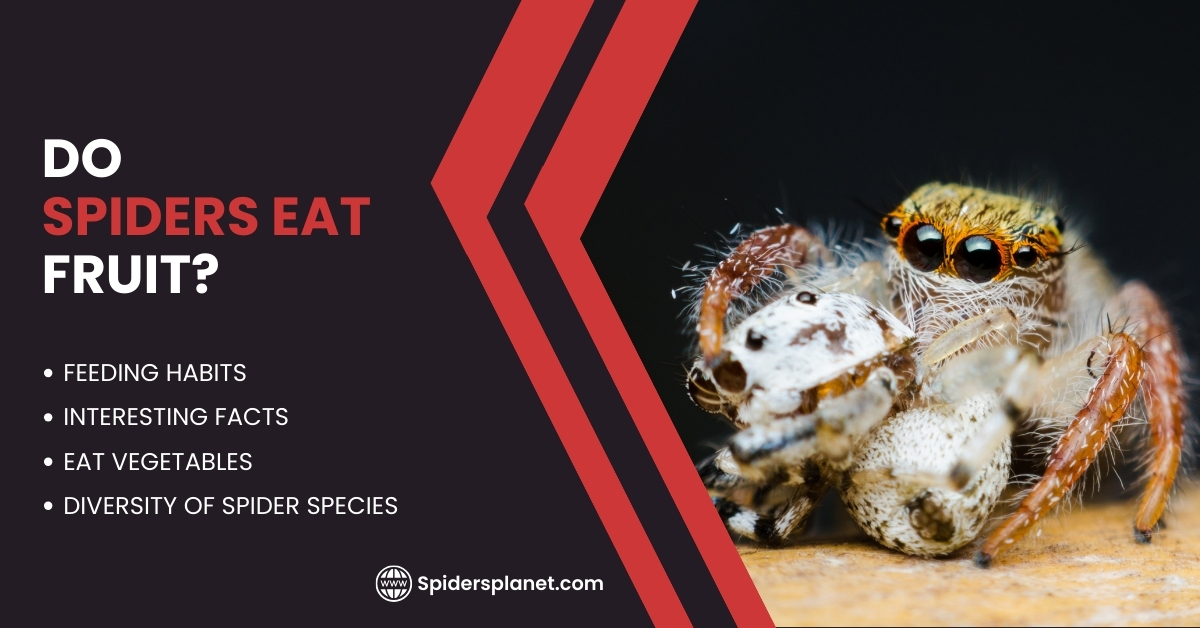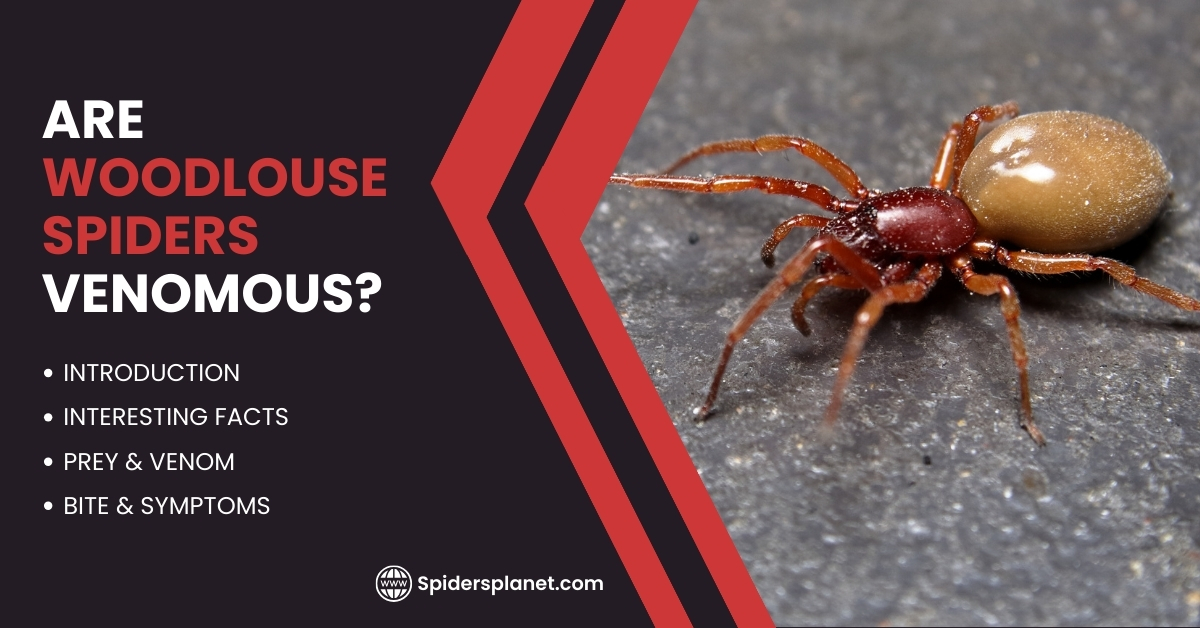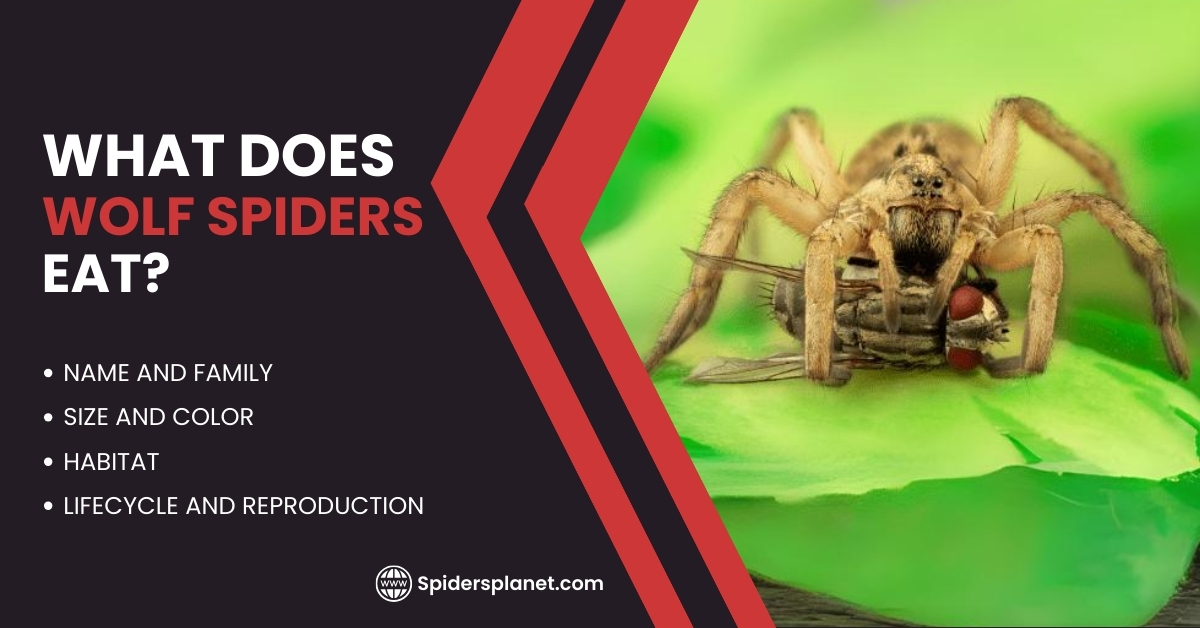For some people, seeing a spider running across your floor can have you reaching for the nearest cleaning product for protection! In this case, Windex! But, does it really work, repelling, and killing spiders?
The short answer is yes! Windex can be effective in killing the spider due to its ingredients, including Ammonium hydroxide, and sodium dodecylbenzene sulfonate, causing an imbalance in the spider’s nervous system, resulting in death.
With that said, before you consider using Windex there are some things you should be aware of first. For starters, not all spiders are harmful, so simply removing them using a jar or cup may be your best option.
You also need to consider the chemicals and the damage they can do! Not only to surfaces, but, to humans, if inhaled, especially by children!
Should You Use Windex To Kill Spiders?
No, you shouldn’t use Windex to kill spiders. While it may be a tempting quick fix, it’s not a humane or safe method for removing spiders from your home.
Spiders are living creatures, and they should be treated with respect. Killing them with Windex is an inhumane method of pest control that doesn’t address the root cause of the problem.
In addition, Windex contains harsh chemicals that can be toxic to both spiders and humans. The chemicals can cause skin and eye irritation, and respiratory problems, particularly if inhaled or ingested.
Does It Kill Spiders Instantly?
Windex can take anywhere from 1 to 15 minutes to kill or immobilize a spider, depending on several factors such as the spider’s size, the amount of Windex applied, and the location of the application.
While it may not be an instant solution, it can be effective in killing spiders and other insects. But, it should only be used as a last resort.
However, because Windex is not specifically designed to kill spiders, it may not be the most effective method when controlling large spider infestations”.
Does Windex Kill Spider Eggs?
Yes, Windex can be an effective way to eliminate spider eggs. The chemicals in Windex can suffocate the eggs by ammonia while also dismantling their webs.
When using Windex to kill spider eggs, it should be applied directly to the eggs. This will ensure that the Windex can penetrate the egg sac.
Are There Any Risks When Using Windex?
While Windex can be effective in killing spiders, there are some risks associated with using it. Here are a few things to keep in mind:
- Toxicity: Windex contains ammonia and other chemicals that can be harmful to humans and pets if ingested or inhaled in large amounts. It’s important to use Windex in a well-ventilated area and to avoid spraying it directly on people or animals.
- Surface Damage: Using Windex on certain surfaces, such as wood or painted surfaces, can cause damage or discoloration. It’s important to test a small, inconspicuous area before using Windex on a larger surface.
While Windex can kill spiders, it may not be effective in preventing future infestations. Spiders can quickly reproduce and return to the same area, so it’s important to address the root cause of the infestation and take steps to prevent future spiders from entering the area.
You May Also Like To Read:

Alternatives To Windex
While Windex can be effective in killing spiders, it’s important to note that it’s not a pesticide and should not be used as a spider repellent.
Using Windex or any other household product to kill spiders may also pose risks to human health if not used properly or in accordance with safety guidelines. Here are some alternatives to consider:
Vinegar
Vinegar is a weak acid of pH between 4 to 8 that emits a smell that keeps off spiders in your house or compound without necessarily killing them. However, if the vinegar is sprayed directly on the spider then it will also kill them.
You will be required to mix 1 cup of vinegar with 5 cups of water. Depending on the desired effect this solution can be sprayed directly on spiders or on surfaces where you have seen spiders.
Essential Oils
Essential oils such as peppermint, lavender, and tea tree oil are known to repel spiders. You can mix a few drops of these oils with water in a spray bottle and spray the solution on surfaces where spiders are likely to appear.
Alternatively, you can place cotton balls soaked in essential oils in areas where spiders are known to frequent.
Sticky Traps
Sticky traps are a non-toxic and effective way to catch spiders. These traps contain a sticky substance that traps spiders as they walk across it.
You can place these traps in areas where spiders are known to frequent, such as corners, under furniture, and in closets.
Professional Pest Control
If you have a severe spider infestation, it’s best to contact a professional pest control service. They have the knowledge and expertise to identify the type of spider infesting your home and the best way to eliminate them.
They also have access to professional-grade pesticides that are more effective than household products.
How To Remove A Spider Without Harming It?
If you want to get rid of spiders in your home but don’t want to harm them, using a glass jar is a great option. Here’s how you can use a glass jar to get rid of spiders humanely:
- 1. Choose your glass jar. It should be large enough to accommodate the spider and have a wide mouth opening.
- 2. Approach the spider slowly and carefully. You don’t want to startle or agitate it, as this may cause it to run away or hide.
- 3. Place the jar over the spider. Make sure the mouth of the jar is completely covering the spider, and that there are no gaps where it can escape.
- 4. Slide a piece of paper or cardboard under the mouth of the jar. This will help you to trap the spider inside the jar. Be careful not to crush or harm the spider while doing so.
- 5. Lift the jar and paper/cardboard together. Hold the jar and paper/cardboard tightly, making sure that the spider cannot escape.
- 6. Take the jar outside. Once you’ve caught the spider, take it outside and release it into a nearby garden or bush. Make sure to place it somewhere safe where it won’t be harmed by other animals or predators.
- 7. Dispose of the paper or cardboard. Once you’ve released the spider, dispose of the paper or cardboard you used to cover the jar. This will help to prevent any spiders or insects from entering your home.
Using a glass jar to catch and release spiders is a humane and effective way to control spiders in your home. By taking the time to catch and release spiders, you’ll be able to keep your home spider-free, while also protecting these important creatures.
Tips For Preventing An Infestation
To prevent spider infestation, there are several measures that one can take. These measures include sealing windows and doors, regular cleaning, and using a vacuum cleaner.
1. Sealing Windows and Doors
Spiders often enter homes through open windows and doors. To prevent this, it is important to seal all windows and doors properly.
This can be done by using weather stripping or caulking to seal any gaps or cracks that may allow spiders to enter the home.
2. Regular Cleaning
Regular cleaning is essential in preventing spider infestation. Spiders are attracted to cluttered and dirty areas, so it is important to keep the home clean and free of clutter.
This includes vacuuming and dusting regularly, especially in areas where spiders are likely to hide, such as corners, closets, and basements.
3. Using a Vacuum Cleaner
Using a vacuum cleaner is an effective way to get rid of spiders and their webs. When using a vacuum cleaner, it is important to use the crevice tool to reach into corners and other hard-to-reach areas where spiders may hide.
It is also important to empty the vacuum cleaner bag or canister regularly to prevent spiders from escaping.
Conclusion
So, while Windex can kill spiders, but it’s not a recommended or reliable method for removing spiders from your home. If you enjoyed this article we have more like this one over on the home page! Thanks for reading!



